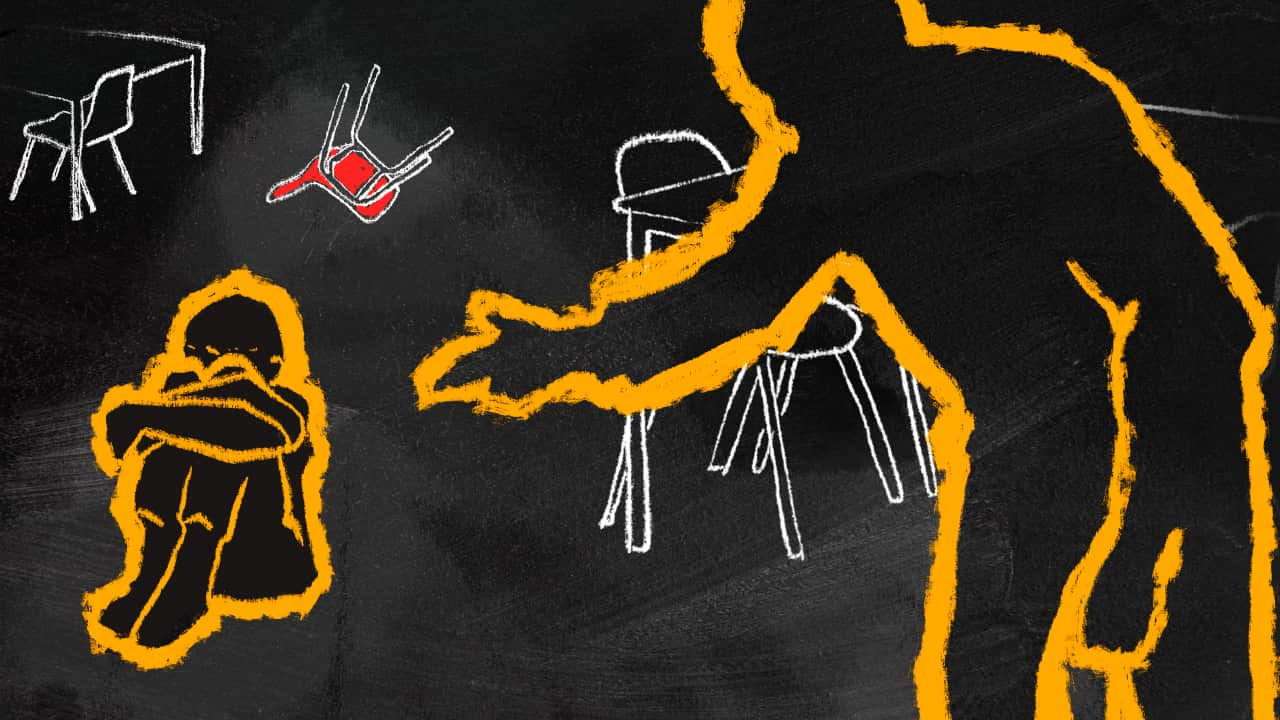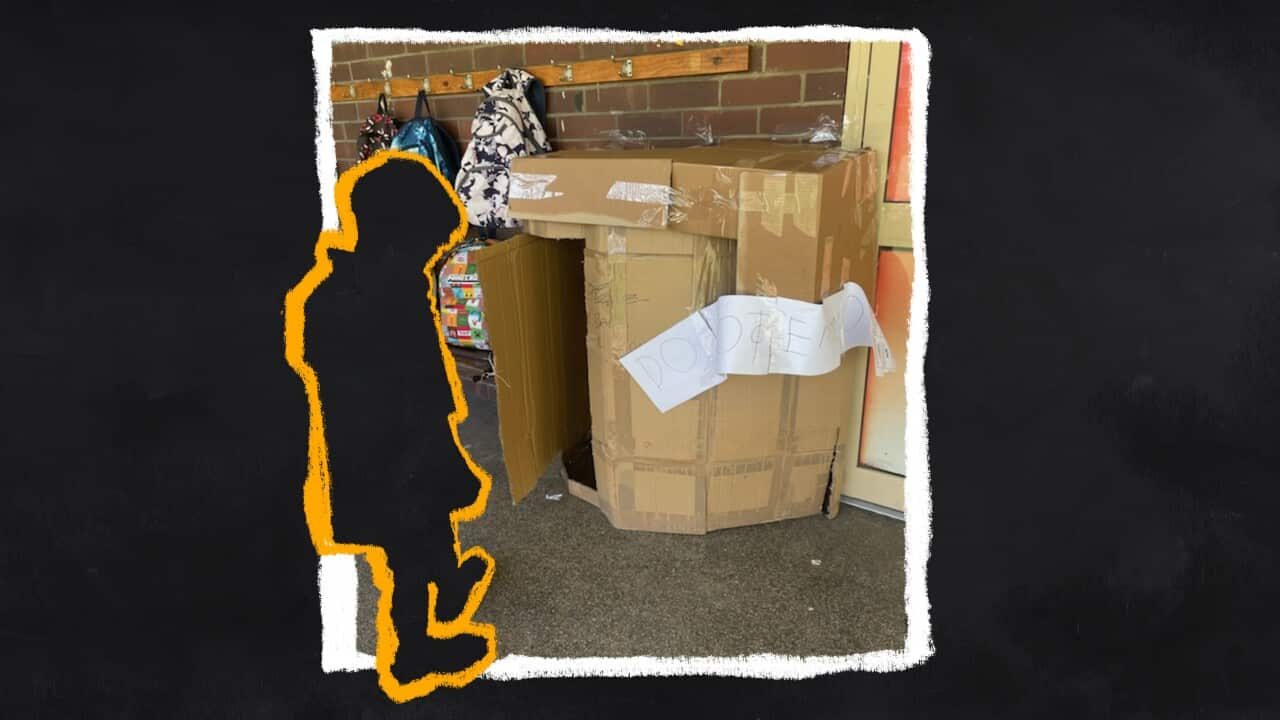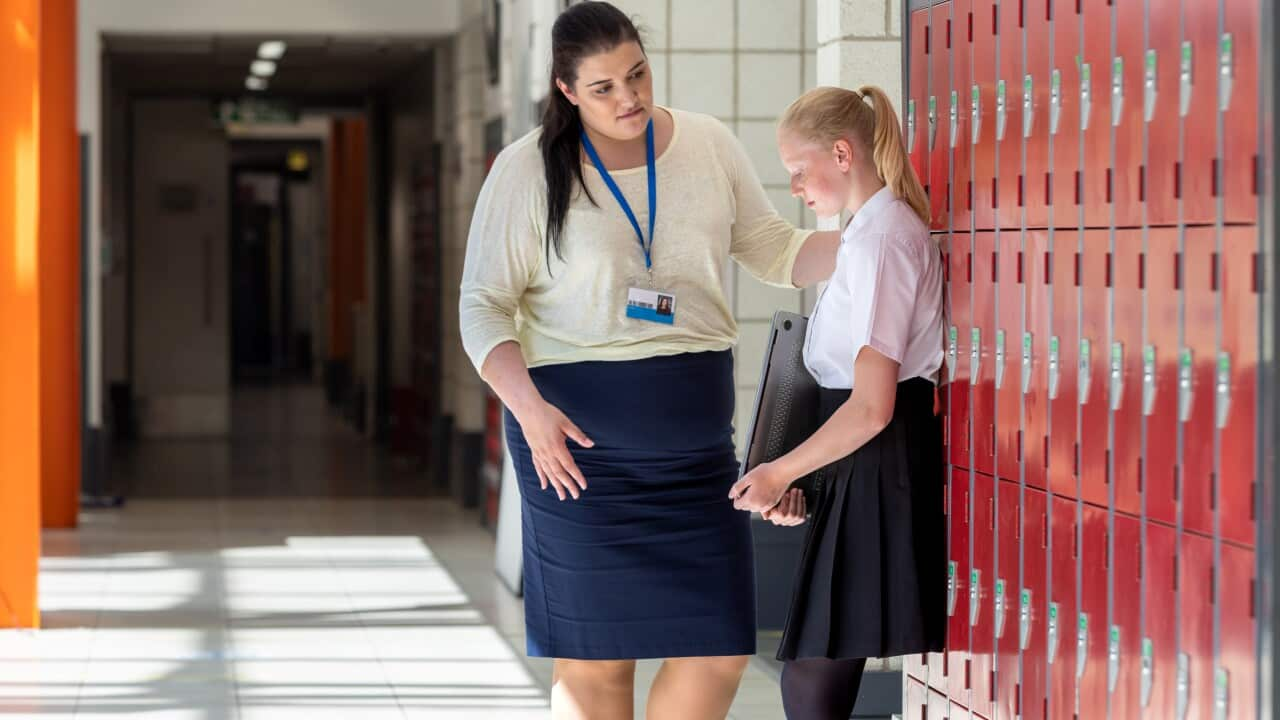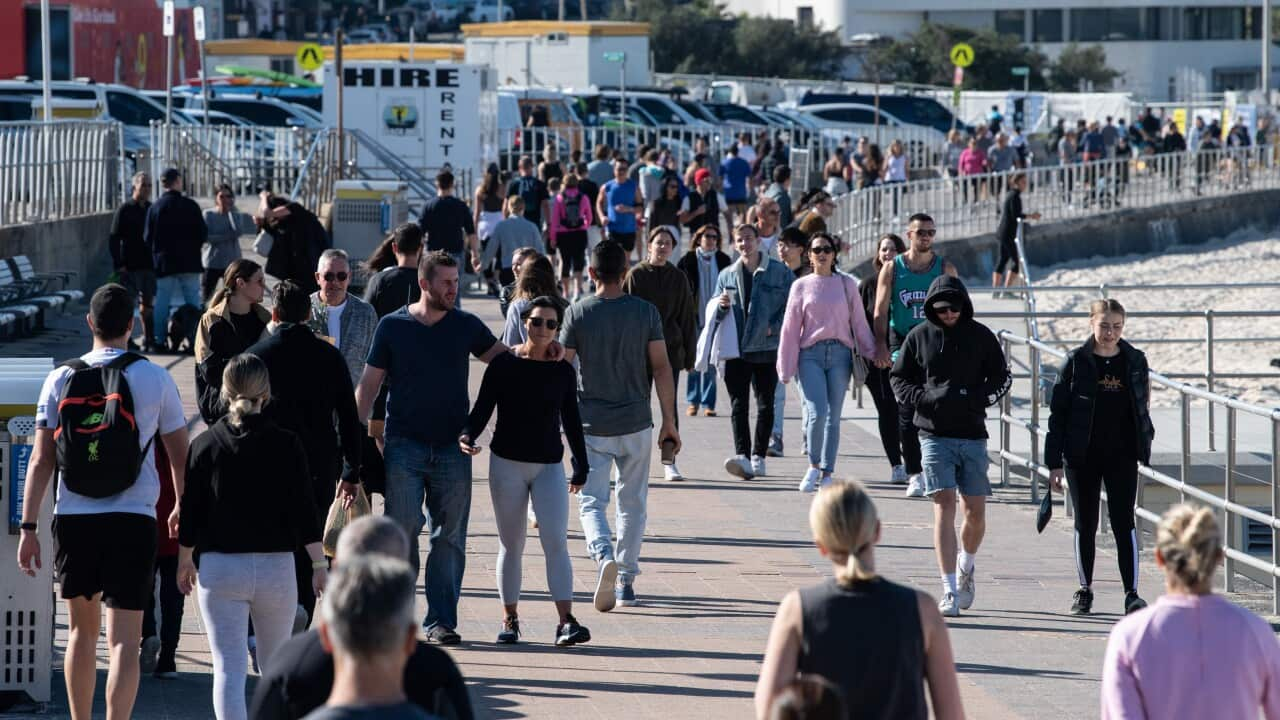Key Points
- Alternative Suspension is a structured program for students who have been suspended from school.
- The program provides structure and attempts to address the reasons behind a student's behaviour.
- The head of the Centre for Inclusive Education says suspension is too often "reached for" as "a consequence".
When Kylie learnt of her son's third suspension from his school, she didn't know what to do.
To the single mother of two, another suspension would only put her son behind at school, teach him little and cost her family, as she'd have to take time off work to supervise him at home.
But her son's school referred him to a program that sought to address the reasons he was getting in trouble at school.
Described as a first of its kind in Australia, the Alternative Suspension program is run by The Y NSW and has been operating in Canada and parts of Europe for 25 years. It provides a structured environment for suspended students aged 12 to 18.
'He would just watch TV all day'
Kylie believes suspending a child and sending them home doesn't address underlying behavioural issues.
"For my son, he saw it as a reward rather than a coercive measure as while he was given no access to a smartphone, the internet or laptop, he would just watch TV all day," she said.

Source: SBS News
However, through the Alternative Suspension program, he received guidance from youth workers on emotional regulation and social skills.
She said the structure gave him a sense of achievement and allowed him to complete his schoolwork in a setting that better supported his learning difficulties.
"The program offered him tools to manage his emotions and strategies for emotional regulation and, just as importantly, for the first time he felt that people outside of school genuinely cared and understood him," she said.
Kylie said her son's suspensions have mostly been for his "impulsive behaviour".
Neurodivergent students are often suspended at a higher rate than neurotypical students.
Students identified as receiving adjustments due to disability in NSW schools accounted for almost 48 per cent of all students suspended in 2023.
How many students are being suspended?
In 2023, approximately one in 23 NSW students were suspended at least once, from the state education department.
The rate of suspensions in schools is usually higher in high schools than primary schools. In NSW, one in 12 secondary students and one in 66 primary students were suspended in 2023.
There were 8,764 suspensions in high schools for what is considered 'actual harm' and 21,542 suspensions for 'unacceptable risk to health and safety/wellbeing'.
Professor Linda Graham, the director of the Queensland University of Technology Centre for Inclusive Education said national data about suspension was not available.
But she said suspension was too often "reached for" in Australian schools, with some students being suspended "over and over again".
"For some kids, it's a real struggle being at school," she said.
"These kids become cognitively and emotionally overwhelmed, and then they might hit out, run away, break a window, push a chair over, or swear at a teacher."

The Y's Alternative Suspension program first started operating in Australia in 2023. Source: Supplied / The Y
Meeting the needs of 'emotionally overwhelmed' children
Graham said the Australian education system lacked understanding and consideration of social-emotional competency.
Social-emotional learning and competence are based on helping students cope with everyday challenges and improve learning and wellbeing. This type of learning also builds the capacity to manage emotions, behaviours and interactions.
"Children need to learn these really important skills in being able to work well with others, to regulate their emotions, to make good decisions," Graham said.
Working on an inquiry into suspensions in South Australia, Graham found students with the greatest disadvantages or needs were being suspended most often.
She said Indigenous children, those living in out-of-home care and those with anxiety disorders, ADHD, or on the autism spectrum were most likely to be suspended, and often multiple times.
Graham said many children who were suspended multiple times fit more than just one of those categories and the risk of suspension increased with the added "layers of disadvantage".
Can inclusive education reduce suspensions?
NSW introduced a new student behaviour policy in 2024.
The government at the time said the policy would "improve student behaviour management procedures so teachers can support safe, responsible and respectful student conduct".
"It also reaffirms a commitment to help all students, including those with complex learning and support needs, to reach their full potential," its statement said.
As part of the federal government's efforts to , it is considering ways to provide what it calls 'foundational supports' to neurodivergent children in different ways, through the education and health systems.





